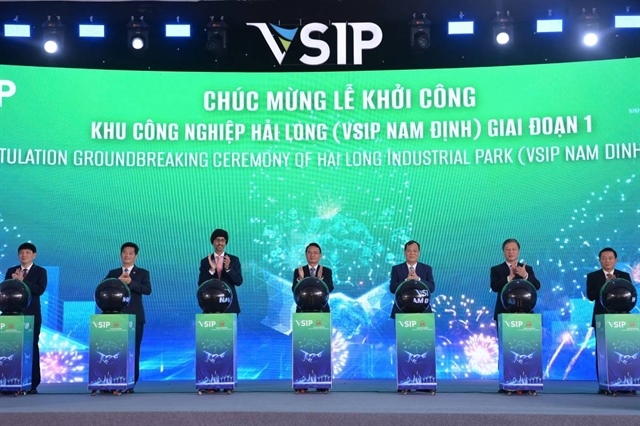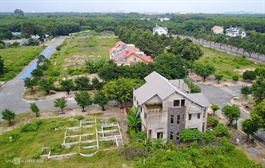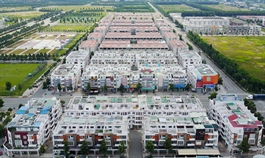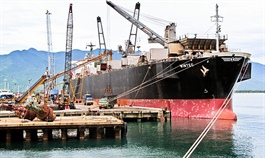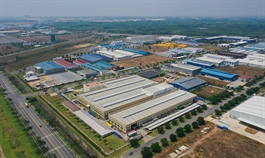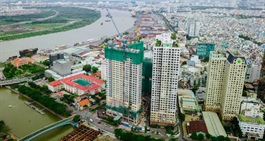Companies in Asia Pacific willing to pay more to lease green buildings: JLL
Companies in Asia Pacific willing to pay more to lease green buildings: JLL
Seventy per cent of Asia Pacific corporations are willing to pay a rental premium in future to lease sustainability-certified buildings, a recent report by JLL has said. 
The Asia Pacific ‘Sustainable Real Estate: From ambitions to actions’ report said this commitment aligns with broader real estate sustainability developments across Asia Pacific where 40 per cent of corporate occupiers have already adopted net zero targets and another 40 per cent are planning to do so by 2025.
The regional real-estate de-carbonisation drive is also prompting 80 per cent of corporate occupiers to prioritise locations that help them reduce carbon emissions, while 65 per cent of investors will focus more on investment in green buildings.
The report which surveyed over 550 corporate property leaders found that some 90 per cent of companies in the Asia Pacific agree that tackling emissions from real estate is essential in achieving a net zero-carbon agenda.
Corporate occupiers leasing space in a green building are paying a rental premium of 7-10 per cent, providing a benchmark for future sustainable leasing trends.
Anthony Couse, chief executive officer, APAC, JLL, said: “For companies operating in the Asia Pacific, any meaningful reduction in carbon footprint is tied directly to real estate. Corporate occupiers will increasingly demand real estate solutions that complement their sustainability agenda.
This will lead investors to prioritise green investments, propelling the real estate industry transformation towards future-ready green buildings.”
The survey provides a comprehensive view of organisations’ sustainability efforts, with only a handful of corporate occupiers (21 per cent) and investors (26 per cent) identified as “Leading” in their category as defined by the strength of their sustainability goals which will move the needle on their carbon emissions reduction targets, scoring above 71 out of a possible 100 points.
This indicates that a large majority of organisations need to do more to translate commitments into tangible actions.
For instance, only 36 per cent of occupiers have pledged to act on emissions that come from their suppliers and customers.
While firmer commitments from companies are necessary to accelerate the net-zero carbon ambitions, organisations have identified several barriers to achieving their sustainable goals.
Some 70 per cent of occupiers report a lack of incentives from governments and support from landlords.
Three out of four companies surveyed identified insufficient technological infrastructure as a hurdle to achieving their environmental goals.
Roddy Allan, chief research officer, JLL Asia Pacific, said: “Across the Asia Pacific, society is shifting towards an emphasis on green and sustainable spaces in a bid to address the concerns on climate risk, and companies are willing to pay a premium to meet new demands.
“There is now a heightened responsibility among businesses to take demonstrable actions with their commercial real estate portfolio, which will increasingly rely on partnerships between occupiers and investors to translate sustainability ambitions into actions.”


